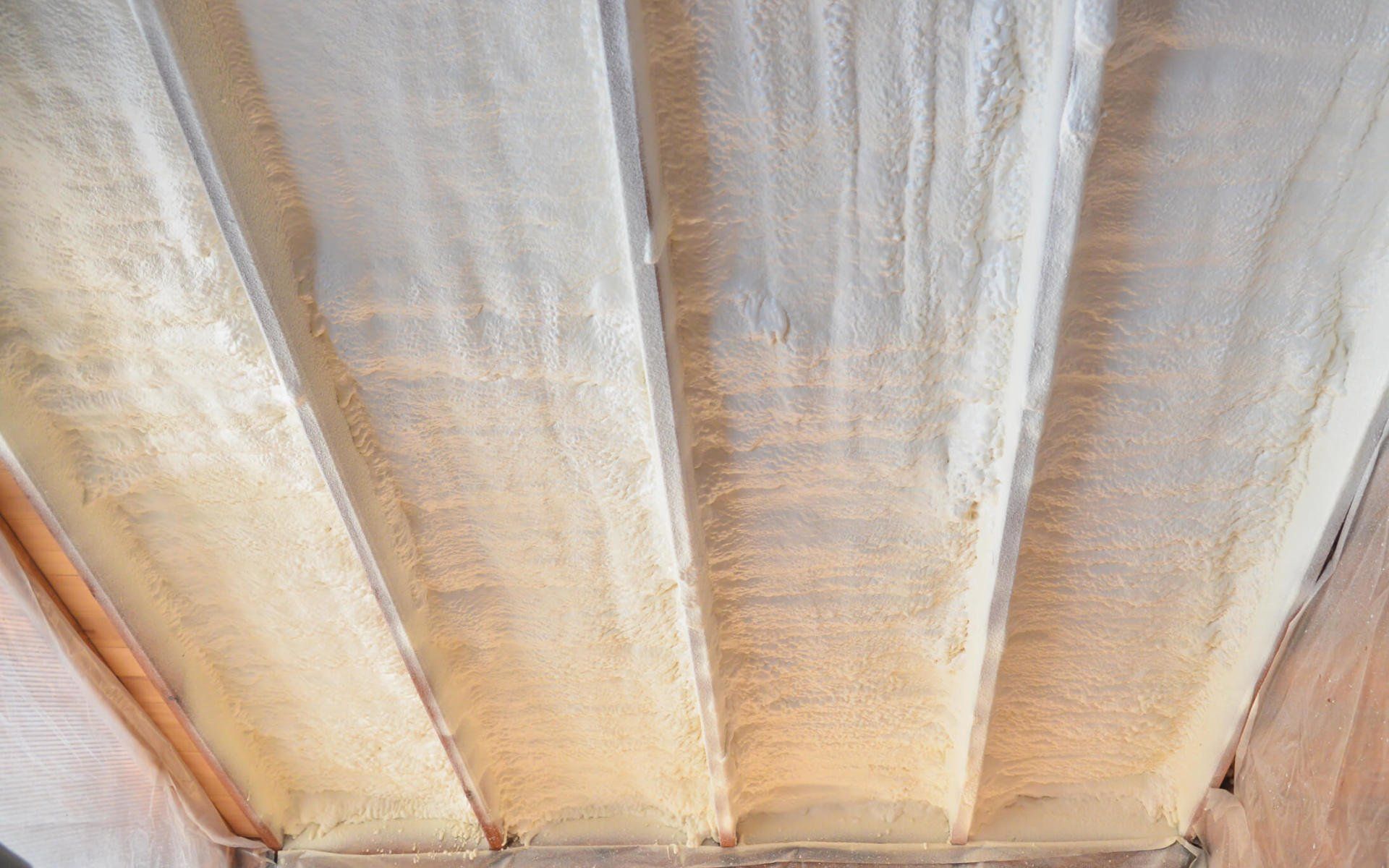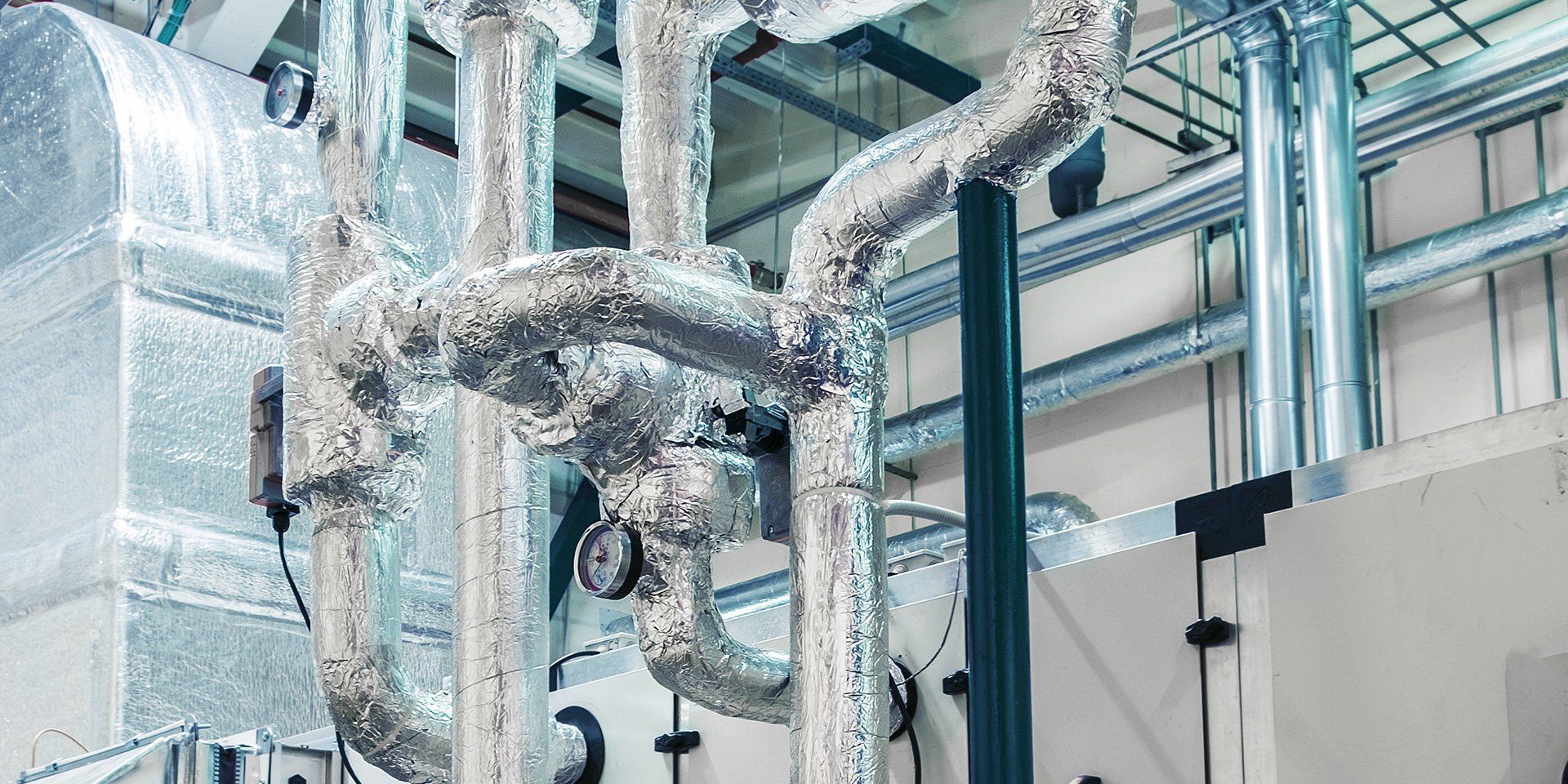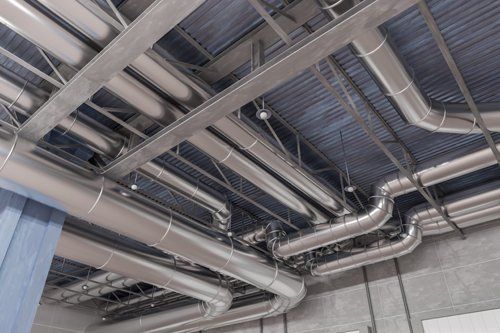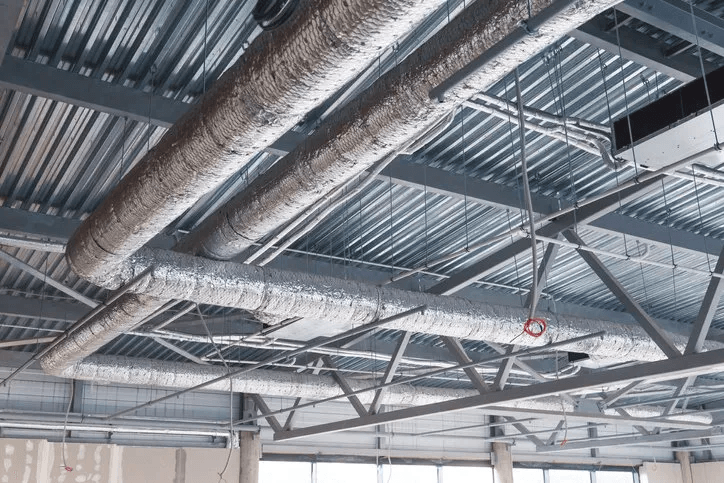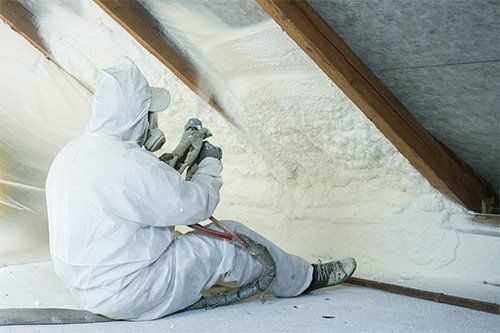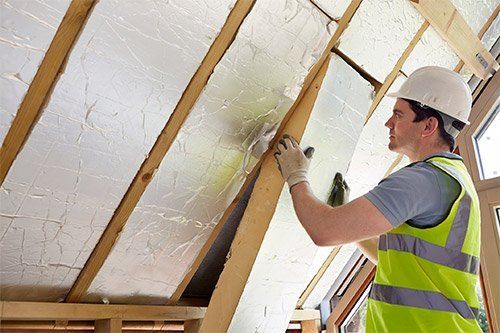3 Tips For Boosting Your Home's Natural Insulating Properties
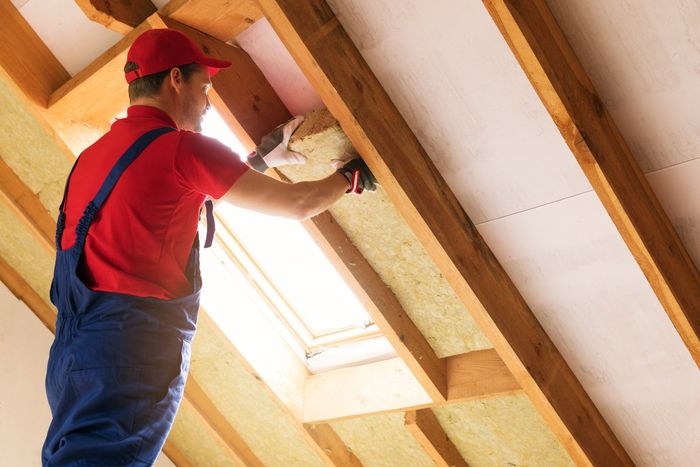
1. Add Insulation Where Needed
All building materials have some insulating properties, which are measured in R-value. For extra insulation, however, types of insulation (fiberglass, spray foam, etc.) are added inside walls, ceilings, floors, the attic and other places to help boost insulation. In many cases, the home simply doesn't have enough extra insulation.
The best way to check this is in an unfinished attic because you can see the exposed insulation. The exact amount of insulation you'll need depends on the type, but in most cases, if you can see the rafters in the attic, you don't have enough insulation. You can add more to your unfinished attic, but if you need more in finished rooms, it may be best to get a professional to prevent unnecessary damage.
Last, don't forget to add insulation to the ducts that transport the heated or cooled air. Without insulation, warm air can leak into or out of the ducts, making it less effective when it reaches you. Duct insulation prevents this, so you don't have to waste more energy and money to reach a comfortable temperature.
2. Seal Holes and Gaps on Exterior Walls
Even if you have plenty of insulation, however, it won't do much good if you have holes in the exterior walls of your home. Small holes around windows and doors are notorious for letting small amounts of air to pass, which can impact the seal of your home, reducing its natural insulating properties. One simple way to fix these small holes is by removing old, damaged caulk and replacing it with fresh caulk.
Aerosol spray foam is another great way to fix small holes, especially around pipes, cords and vents that pass directly through the exterior wall. Aerosol spray foam is great because even if you don't add enough, the material will expand as it dries to fully seal the hole.
Bigger damage may require attention from a professional. For example, if you have vinyl siding, it can become cracked if hit with something hard. This impacts your home's insulation, and you may need to hire a professional contractor to replace the damaged siding.
3. Choose Energy-Efficient Doors and Windows
Windows are an essential part of your home, and they let in natural light. However, they can also drastically reduce your home's energy-efficiency if they are old or damaged. Newer, energy-efficient windows have features that help stop the transfer of heat, such as double panes, insulating gasses, etc. To get the best benefit, however, you'll want to replace all your windows.
Doors can also become a problem as they get old. Wear and tear may prevent doors from sitting properly. Therefore, the door can't fully seal, which allows heat to pass through freely. Solid wood doors and metal doors with insulation inside are some of the best for boosting insulation.
When inspecting your doors, don't forget about the garage door. Even if you don't heat or cool your garage, a faulty garage door can cause your home to lose or gain heat when you don't want to. Again, you can choose solid wood or metal with insulation inside.
Keeping your home well-insulated is one of the best ways to conserve energy and save money. While you may need to replace windows and doors, in many cases, simply adding insulation can help. If you would like more information about insulation, contact us at Guy M. Beaty Co. Inc. today.

